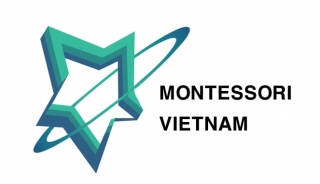OVERVIEW OF AMI MONTESSORI MANAGEMENT COURSE CONTENT
Below is a general overview of the main content areas:
Foundations of Montessori Philosophy in Management
- Deepening Montessori Principles: Reviewing the core principles of Montessori education (e.g., prepared environment, observation, freedom with responsibility, mixed-age classrooms) from an administrative perspective. Understanding how these principles translate into daily operations and long-term planning.
- The Role of the Montessori Administrator: Exploring the unique responsibilities and ethical considerations of a Montessori leader, emphasizing advocacy for children and the authentic Montessori method.
Operational Management of a Montessori Environment
- School Establishment and Development: Guidance on the steps involved in founding a Montessori school or program.
- Curriculum Implementation and Fidelity: Ensuring the accuracy and authenticity of the Montessori curriculum at all levels within the organization.
- Staffing and Human Resources:
- Recruitment, selection, and retention of AMI-trained educators.
- Professional development, mentorship, and ongoing support for staff.
- Performance evaluation aligned with Montessori principles.
- Financial Management: Budgeting, financial planning, fundraising, and sustainable financial practices for non-profit and for-profit Montessori institutions.
- Facility Management: Constructing and maintaining prepared environments that meet AMI standards, including safety, aesthetics, and functionality.
Leadership and Communication
- Organizational Leadership: Developing effective leadership styles, strategic planning, and fostering a positive school culture based on Montessori values.
- Community Engagement and Parent Education: Building strong relationships with parents, educating them about the Montessori philosophy, and engaging them in the school community.
- Marketing and Outreach: Communicating the unique value proposition of Montessori education to prospective families and the broader community.
- Conflict Resolution and Problem-Solving: Effectively addressing challenges within the school community, including staff, parent, and student issues, in a manner consistent with Montessori principles.
- Legal and Ethical Considerations: Understanding legal frameworks relevant to educational institutions and maintaining high ethical standards.
Observation and Reflective Practice for Administrators
- Systematic Observation: Applying the Montessori method of observation to understand the dynamics of the school community, identify areas for improvement, and support staff.
- Self-Reflection and Development: Encouraging continuous self-improvement and professional growth for the administrator.
The course typically includes a combination of lectures, discussions, practical exercises, and may involve school visits or a practicum component, depending on the specific program structure. Graduates are expected to gain a comprehensive understanding of how to effectively lead and sustain authentic Montessori environments.
Sincerely,
MONTESSORI VIETNAM EDUCATION (MVEC)
Others
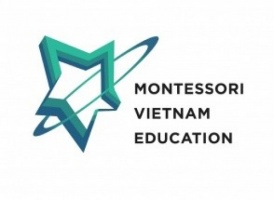
YEAR-END PROMOTION – GET 10% OFF WHEN YOU ENROLL IN ANY COURSE THIS MONTH!
ENROLL NOW to receive a 10% tuition discount at Montessori Vietnam Education Center (MVEC)
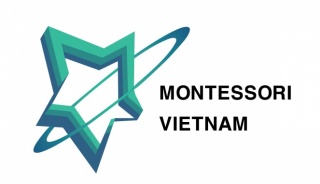
REGISTRATION LINK FOR THE AMI INTERNATIONAL MONTESSORI TEACHER TRAINING DIPLOMA COURSE (0-3 YEARS)
Dear Interested Applicants,
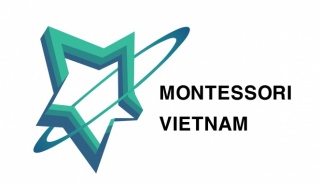
MONTESSORI EDUCATION MANAGEMENT TRAINING COURSE REGISTRATION LINK
Dear Interested Students,
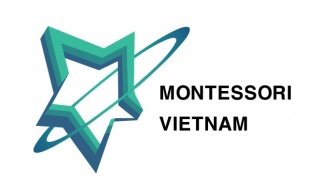
INFORMATION FOR AMI MONTESSORI MANAGEMENT COURSE
Students, please complete the tuition fee payment via bank transfer to the following account:

OVERVIEW OF THE AMI INTERNATIONAL MONTESSORI 3-6 DIPLOMA COURSE CURRICULUM
Dear Prospective Students,
Lastest posts

Baby Voi’s First Smiles
Every moment with Baby is a little miracle. Seeing their clear, bright eyes and playful smiles reminds adults of the simple yet profound joys of life.
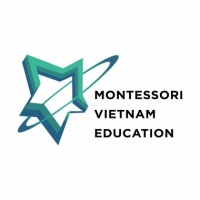
CONNECTION, VISITS & SHARING ABOUT THE MONTESSORI ENVIRONMENT
As a connecting organization, Montessori Vietnam Education (MVEC) aims to build lasting bridges — where every school visit becomes a learning journey, and every sharing session is an opportunity to spread knowledge, contributing to a stronger and more...

The Montessori Education Method – A Foundation for Nurturing the Whole Child
The Montessori Method of Education is a pedagogical approach to child development based on the scientific research and lifelong work of Italian physician and educator Dr. Maria Montessori (1870–1952). Dr. Maria Montessori, a physician, anthropologist, and...
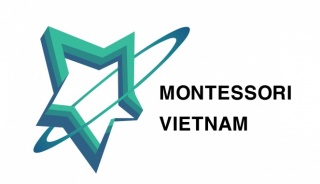
AMI MONTESSORITEACHER TRAINING 0-3 - MODUN 2
AMI Montessori teacher training 0-3 - Mondun 2
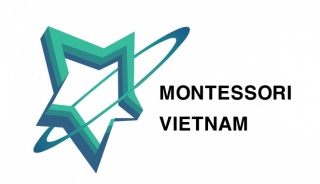
OPENING OF THE AMI MONTESSORI CASA 3-6 TEACHER TRAINING
Date: September 16, 2019
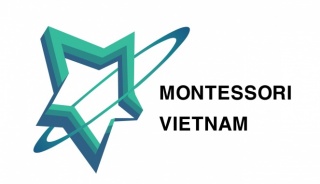
AMI 0-3 INTERNATION MONTESSORI TEACHER TRAINING RECAP. MVEC – TFMS – AMI – MTCNE # MONTESSORI.
Looking Back on the AMI 0–3 Teacher Training Journey at Montessori Vietnam Education (MVEC)

The Growth Journey of Võ Minh Đăng
On March 9th, 2024, little Võ Minh Đăng came into the world, bringing joy and radiant happiness to his family. Now, in his early years, he is discovering the world each day — with tiny hands, curious eyes, and a rare, natural sense of focus.
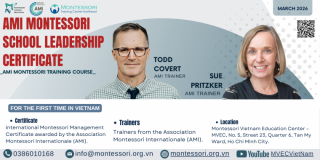
OVERVIEW OF THE INTERNATIONAL AMI MONTESSORI SCHOOL LEADERSHIP CERTIFICATE COURSE
The AMI Montessori School Leadership Certificate Course is designed for individuals who wish to lead and manage Montessori schools and programs effectively. While specific content may vary slightly depending on the training center and AMI’s current...




